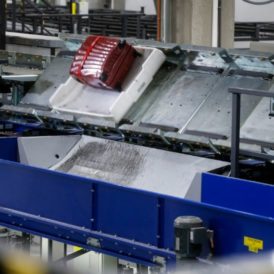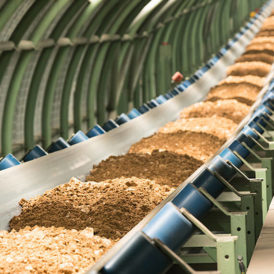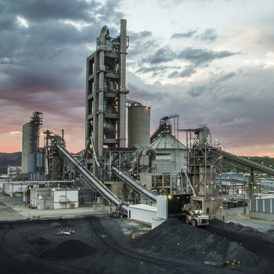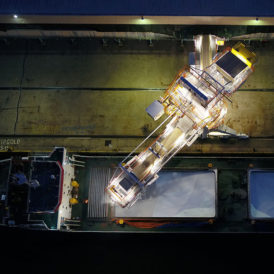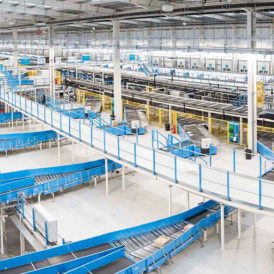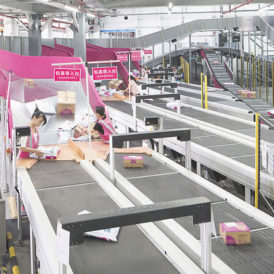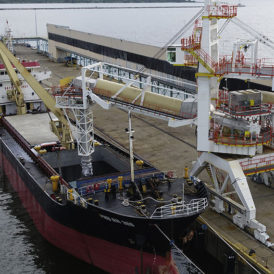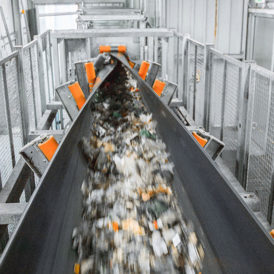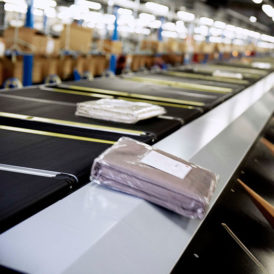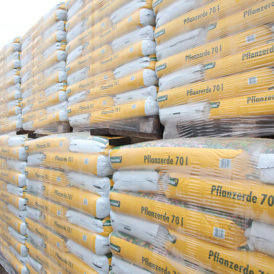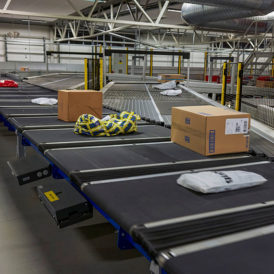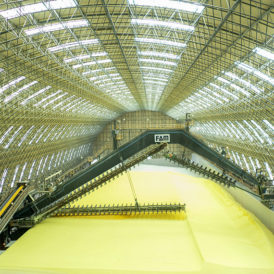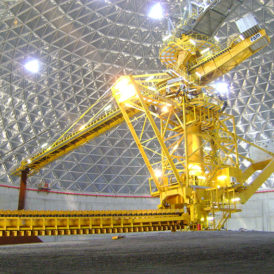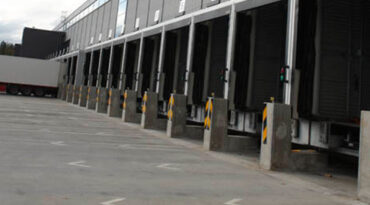Flex technicians are highly experienced at their job
The maintenance approach is also applicable to the Warehouse & Distribution sector, serving industries such as fashion, retail and e-commerce.
And in some cases, it will be possible for the flex technicians to be based at one main site but be available to visit smaller sites when required.
Given the experience they gather working on different systems at different sites, solving all kinds of problems, the average flex engineer can quickly end up becoming a highly-skilled specialist – which is great news for their employer, as the flex technicians will be able to benefit the company by sharing knowledge with and offering workshops to other technicians, as well as submitting their insights to a database.
Maintenance requirements a priority when purchasing a system
Some small sites buy a system from a provider that does not offer skilled maintenance solutions.
They make a saving because the CAPEX is lower, but then they hire one or two permanent maintenance staff and quickly incur high costs over the duration of the life-cycle.
Not only will this drive up their OPEX, but it will increase the chances of them having issues in the long-term that could bring operations to a standstill.
It will also end up reducing the life-cycle of their system.
Why fixing the system is only addressing half the problem
The full-time in-house technicians at a small site will most likely find it difficult to get further experience of:
- Fixing the system – the ability to diagnose what is wrong is an acquired art
- Monitoring the system – if it’s small and run on a low budget, the centre will probably lack the necessary tools
- Analysing the data – again, the centre might not have the tools or experience
- Optimising the system – the knowhow to improve performance comes from years of experience
If the in-house technicians can’t make recommendations to maintain or optimise the system, this could increase the risk of the site suffering issues in the long term, which the in-house technicians will be unable to fix, at which point the CEP operator will have to find other solutions and end up contacting the hotline.
The regional flex technicians will fix the issues, but this is only fixing half the problem.
First, an immediate dialogue is needed to understand what caused the issue, and then a long-term dialogue is needed to look into the causes, learn from them, and better maintain the system to ensure future issues do not occur.
OPEX of system with dedicated support cheaper in the long run
Continued qualified maintenance of the system will prolong its life-cycle. Limited maintenance might reduce the life-cycle to as little as five to ten years.
This underlines how important it is for a CEP operator to purchase a parcel handling system from an established provider with a solid track record at supplying support that includes performing maintenance when it’s needed to prolong the life-cycles of its systems.
The operator needs to seize every opportunity to extend the life-cycle of their system. This includes careful consideration of the OPEX and the collaboration terms of the provider during the pre-tender process. Some providers sell systems with no support, and this sizeable future cost needs to be factored in.
The regular assistance of a flex engineer belonging to a regional network of technicians could prolong the life-cycle of their system considerably.
The cost benefit of being part of the network, when compared to the price of getting a new system within five to ten years of purchasing one, is huge.
